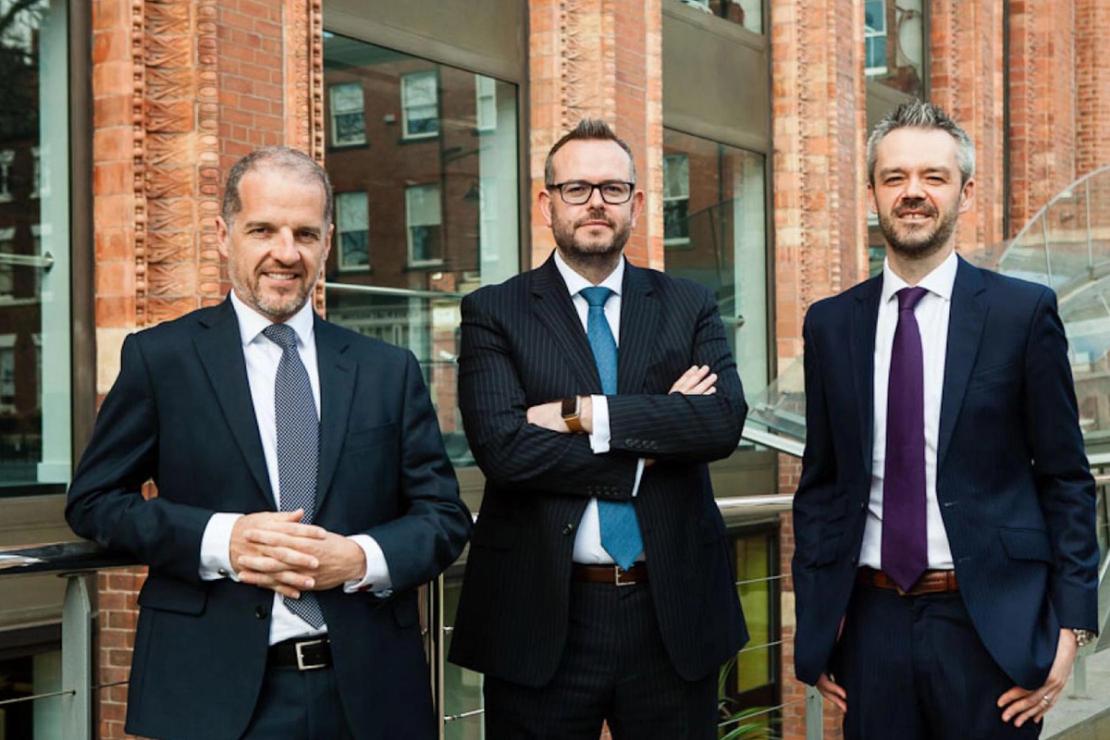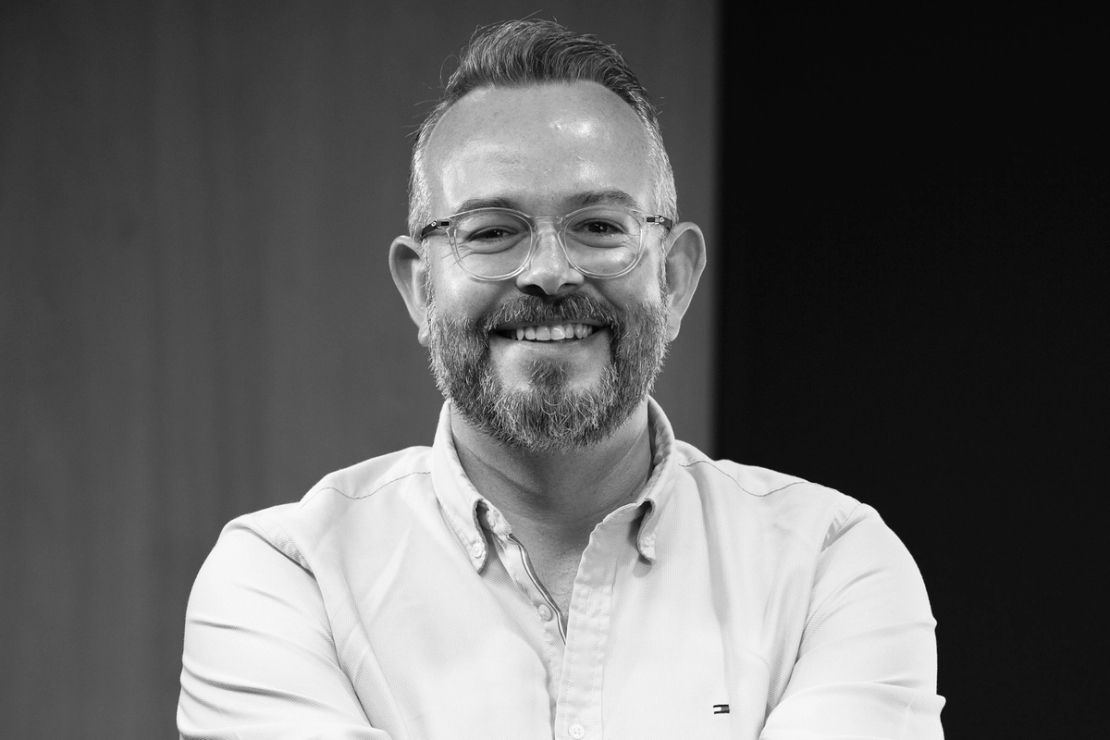
We’ve just completed our first full year at Axiologik and we’ve taken some time to reflect on our experience in starting a business and what we’ve learned in our first year. Overall, we’ve had a good year, winning work at household name clients against competition from large, prestigious consulting firms. We’ve also not defaulted on our mortgages and we can still afford the odd beer now and again. But our year has been far from perfect and we’re thinking about how we can be better in our second year. Here’s what we’ve learned – hopefully, it will be of use. Please get in touch if any of this is of interest!
Relationships are super-important – all our business came from people we’d known from our previous lives. Similarly, old friends helped us get our business off the ground at the start. The people you know now may make the difference for you in the future. Treat everyone that way.
We should have taken more risk – we focused on getting each of the founders billable straight away to ensure we could pay the bills. Whilst prudent, this constrained our ability to market and grow the business. In hindsight, we didn’t need everyone billable, all of the time. Everything is always easier in hindsight, however.
We should have tested our positioning earlier – we started out by asking clients to hand over running of their major transformation programmes to us straight away because that’s where we excel. However, clients were initially more interested in our advice and helping them solve specific business issues.
Whilst it makes perfect sense that clients would want to try us out with something smaller and lower risk before making bigger decisions, we just didn’t see that, to begin with, and projected our view of the world. We managed in the early days because we knew our clients from past lives and they already understood what they wanted from us. In reality, we should have done more market testing and done it a lot earlier.
You don’t need a grandiose business plan when just starting out – you can spend all your time modelling revenues, gross margins and order books, but the reality isn’t going to conform to your spreadsheet. Having a business plan provides focus, but it’s more important to identify the 2-3 things that are going to make a difference and go after those as hard as you can. A business plan is only valuable once you understand what the market wants from you and where you think you can fit in.
It’s way more fun – running your own business is a peculiar mix of exhilarating highs, waking up in the middle of the night with worry and crashing lows. We wouldn’t change it for the world though.
We’re looking forward to year 2 – hopefully, we’re older and wiser now, but I expect we’ll continue to make mistakes just like in year 1. This is new to us, after all.
 Leadership of Critical Change
Leadership of Critical Change Designing Exceptional Services
Designing Exceptional Services Digital Organisation Optimisation
Digital Organisation Optimisation Driving Engineering Excellence
Driving Engineering Excellence Service Ops Modernisation
Service Ops Modernisation Unlocking the Cloud
Unlocking the Cloud

